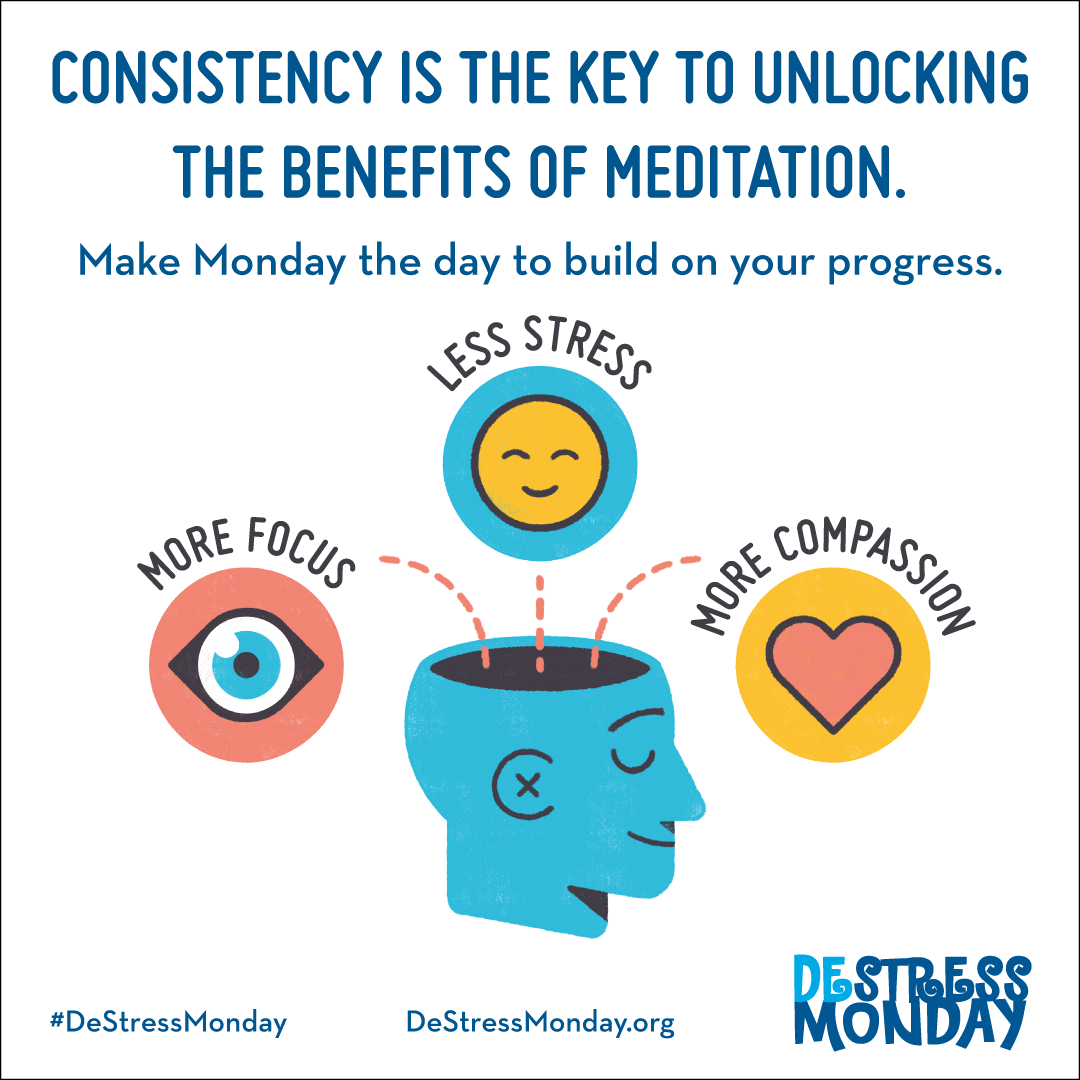Start Slow and Hone Your Skills with Progressive Meditation
Meditation has been used for centuries to train the mind to be more calm, focused, and resilient, but recent studies shows that this ancient technique is rooted in real and quantifiable neurological transformations.
Research conducted by Dr. Richard Davidson, neuroscientist and founder of the Center for Healthy Minds at the University of Wisconsin-Madison, shows that there is in fact a direct connection between long periods of meditation and a reduction in activity within the amygdala, the part of the brain associated with emotional responses.
However, even short periods of meditation can be beneficial. A study from the University of Wisconsin showed that when participants meditated for an average of five hours over a five-week period, brain activity in the frontal regions of the brain shifted towards a pattern indicating greater positive, approach-oriented emotional states.
But to use meditation as a tool to improve your resilience, emotional fortitude, and coping abilities, you have to start small and practice consistently.
“Think of it as a form of personal mental hygiene — almost like tooth brushing,” Dr. Davidson notes. “Humans didn’t evolve brushing their teeth twice a day. It’s a learned skill. Your brain is just as precious as your teeth. So, it’s important to take the time to learn a practice and stick to it.”
This Monday, adopt a strategy for progressive meditation by building up your ability, minute-by-minute. Start with a week of one-minute meditations and add time as the weeks progress. Guided meditations as well as mindfulness practices, spreading positivity and compassion, and deep breathing exercises can also help you work your way to longer meditation sessions. By the end of the month, you’ll have made significance strides on your journey to becoming more calm, focused, and resilient.
